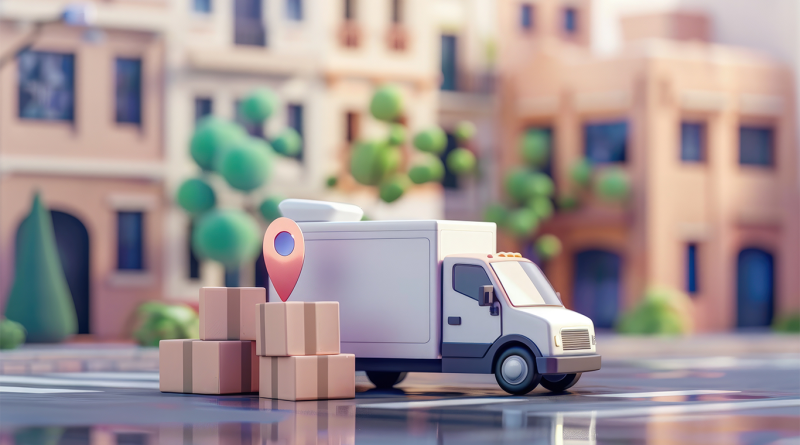10 Top Trends and Innovations for The Future of Last Mile Delivery
Last-mile delivery is a critical component of the supply chain, focusing on getting products from distribution centers to customers’ doorsteps. As consumer expectations and technological capabilities evolve, the future of last-mile delivery is being shaped by several key trends and innovations. Here’s a comprehensive look at what’s on the horizon for the future:
1. Urban Warehousing and Micro-Fulfillment
Urban warehousing is becoming increasingly important as businesses strive to meet the demand for same-day delivery. By placing warehouses closer to urban centers, companies can reduce transit times, enhance delivery speed, and improve overall customer satisfaction. This approach is particularly beneficial for e-commerce and logistics companies looking to optimize their delivery processes.
2. AI-Powered Real-Time Tracking
The integration of AI and machine learning in logistics is revolutionizing real-time tracking. These technologies enable predictive analytics, allowing companies to anticipate potential disruptions and streamline operations. Enhanced real-time visibility helps logistics managers make data-driven decisions, improving efficiency and customer satisfaction.
3. Automated Delivery Management Platforms
Automated platforms for managing last-mile deliveries are transforming the logistics landscape. These platforms optimize delivery planning, orchestration, and execution by leveraging AI and machine learning. Companies like Walmart are utilizing drones and other automated solutions to enhance delivery efficiency, demonstrating the potential for automation in the industry.
4. Sustainable Deliveries
Sustainability is a growing concern in last-mile delivery. Companies are adopting greener practices, such as using electric vehicles (EVs) and optimizing delivery routes to reduce carbon emissions. Technologies like route optimization software are helping businesses minimize their environmental impact while maintaining efficient operations.
5. Contactless Delivery
In response to safety concerns, contactless delivery methods have become more prevalent. Digital solutions like Electronic Proof of Delivery (e-POD) and digital payments are minimizing physical contact between delivery personnel and customers. This trend is likely to continue as consumers prioritize health and safety in their delivery preferences.
6. Drones and Autonomous Delivery Vehicles
Drones and autonomous vehicles are set to play a significant role in last-mile delivery. These technologies offer solutions to many logistical challenges, such as traffic congestion and delivery speed. Companies like Amazon are investing heavily in drone technology to provide rapid delivery services, highlighting the potential for widespread adoption.
7. Omnichannel Retailing
Omnichannel retailing integrates multiple sales channels to provide a seamless shopping experience. This strategy not only enhances customer satisfaction but also improves delivery efficiency. By offering consistent service across online and offline platforms, businesses can better manage inventory and fulfill orders more quickly.
8. Predictive Shipping
Predictive shipping uses data analytics to forecast customer demand and optimize logistics operations. By analyzing historical data, companies can better plan routes, allocate resources efficiently, and reduce delays. This approach improves the reliability and speed of last-mile deliveries, meeting the high expectations of today’s consumers.
9. Gig Economy and Crowdsourcing
The gig economy and crowdsourcing are transforming the last-mile delivery landscape. By leveraging independent contractors and local delivery networks, businesses can offer flexible and cost-effective delivery solutions. This model is particularly effective in meeting the demand for same-day and time-specific deliveries.
10. Internet of Things (IoT) and Blockchain
The integration of IoT and blockchain technologies enhances the transparency and efficiency of last-mile deliveries. IoT devices provide real-time data for optimized delivery routes, while blockchain ensures the traceability and security of transactions. This combination is set to redefine logistics, offering significant operational benefits.
The future of last-mile delivery is being shaped by technological advancements and evolving consumer expectations. From AI-powered tracking and automated management platforms to sustainable practices and omnichannel retailing, these trends are revolutionizing how products reach customers’ doorsteps. Businesses that embrace these innovations will be well-positioned to meet the demands of the modern consumer and thrive in the competitive logistics landscape.
